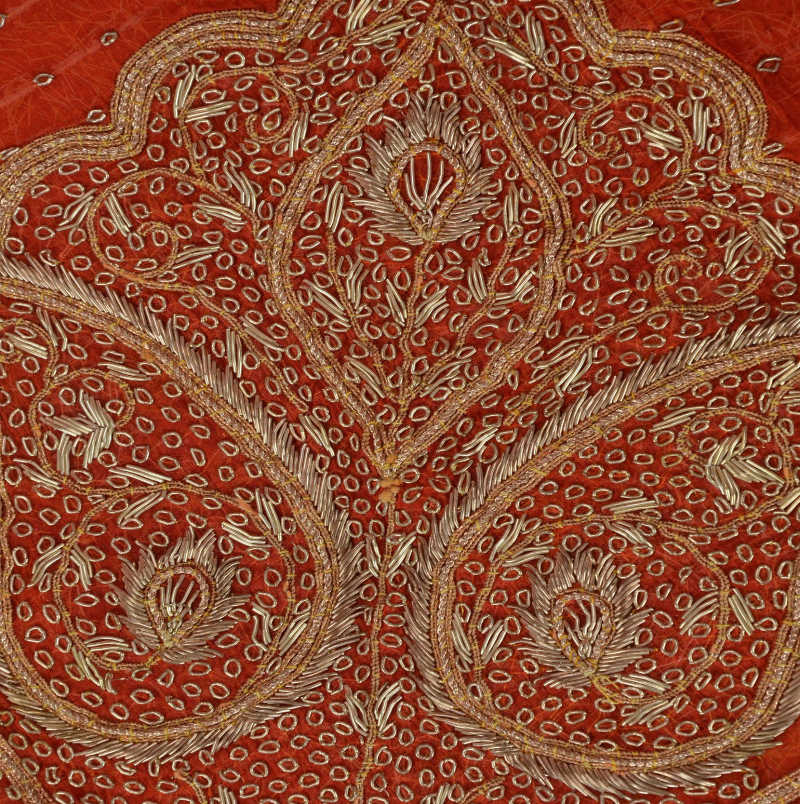===
0584,
7
===

=== |
 |
hegī is an archaic form of hogī .
duḳhtar-e raz : ''Daughter of the vine,' wine; a grape'. (Platts p.507)
muġhāñ : 'A tavern, a house of promiscuous entertainment'. (Platts p.1050)
chhokrī : 'A girl, a lass; a slave-girl; a dancing girl'. (Platts p.466)
FWP:
SETS == EK
MOTIFS == WINE
NAMES == PIR-E MUGHAN
TERMS == THEMEOf course, as SRF notes, mystical interpretations can almost always be brought in. But if everything in the ghazal world is read as mystical, all the verses become quite similar, and often rather dull (since their interest is then chiefly theological). A much more satisfactory approach is to look at the verse itself-- does it seem demonstrably to invite, or invoke, mystical meanings? In this case, it does not. Just the opposite in fact.
For we have a rough-and-tumble setting-- the winehouse, and a wench of some kind. She's a very young girl who's a real calamity, a holy terror-- no doubt through some blend of mischief, self-will, beauty, charm, and shameless allure. Should she even be there at all, in public, causing turmoil among the guests? The Cupbearer in the wine-house is usually imagined as a graceful boy on the threshhold of puberty. This 'Daughter of the Vine' girl doesn't sound like a suitable, reliable Cupbearer so much as like a spoiled young girl being brought up indulgently by the Tavern-master.
The word chhokrī definitely makes her sound more or less disreputable (a servant, a slave, a dancing-girl). It's a term like 'wench'; it would be rude to use it for the Tavern-master's own daugher or other female relatives. But it seems that the insolent wench is under the Tavern-master's protection. Is he training her-- or claiming to train her-- as a servant? Does he also perhaps 'keep' her in a sexual sense? The ik too workd most cleverly here-- is she a 'single', or 'particular', or 'unique', or 'excellent' chhokrī ? The speaker doesn't know, but speculates about the nature of the relationship. (Or perhaps, given the 'kya effect', he exclaims at the remarkable nature of the Tavern-master's behavior.)
Compare the even more enjoyable effects that Ghalib gets from playing on the suggestive behavior of the 'Daughters of the Bier':
G{111,3}.
Note for grammar fans: That hegī (archaic for hogī ) needs to be read as a presumptive: she 'will be' (presumably) a two-year-old. The rhetorical effect is like this: 'All right, no doubt she's only a kid, but still...'.